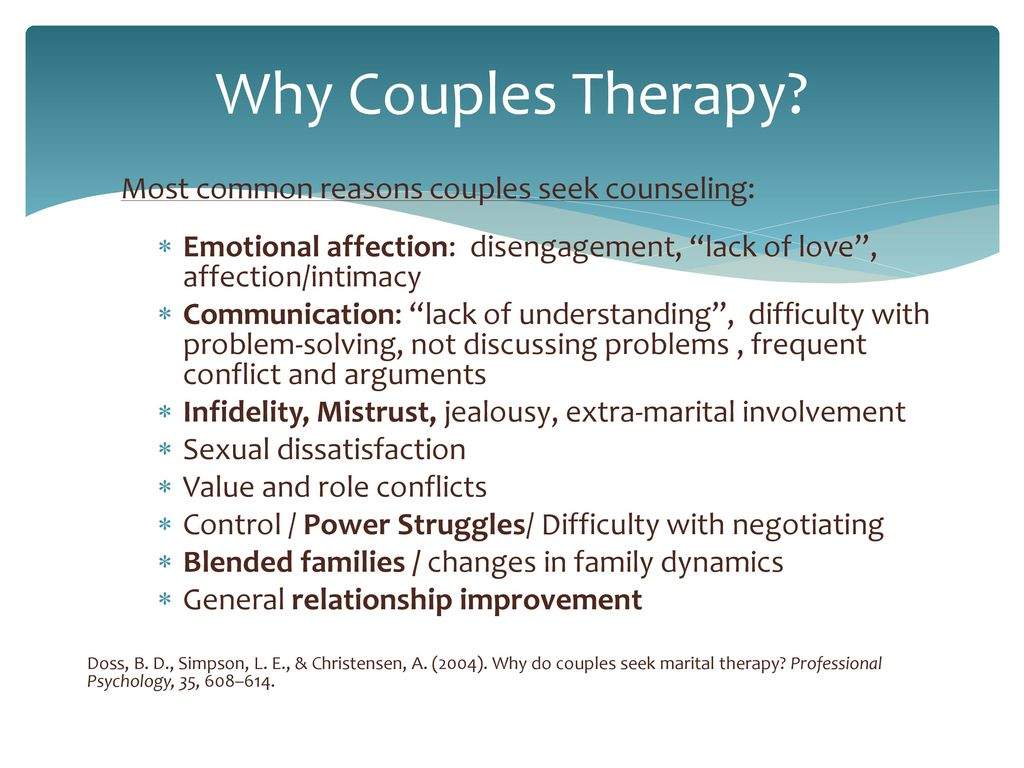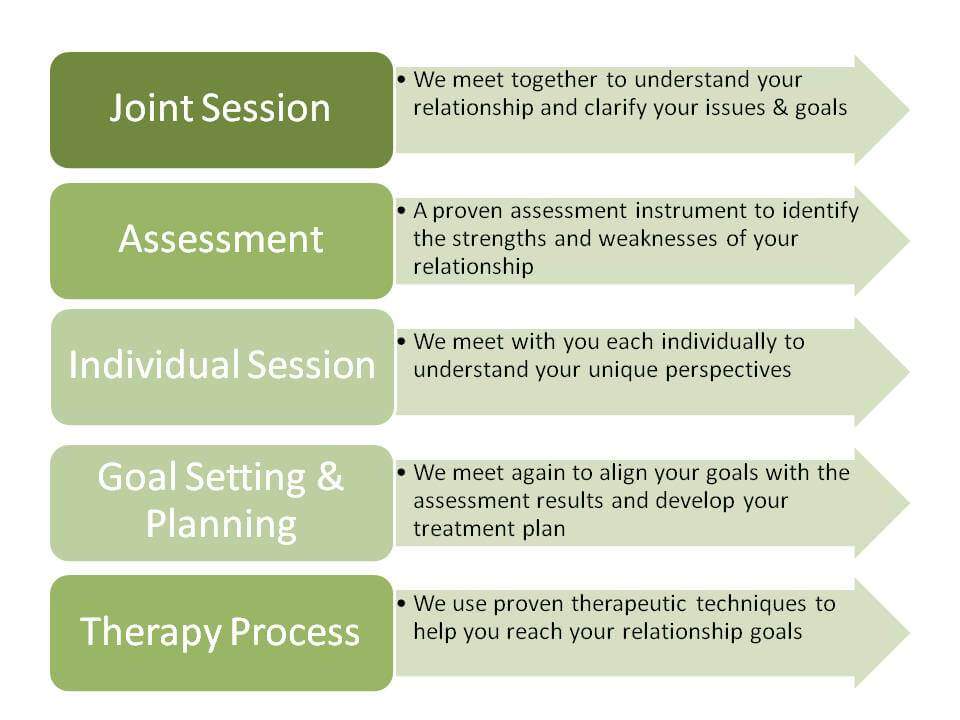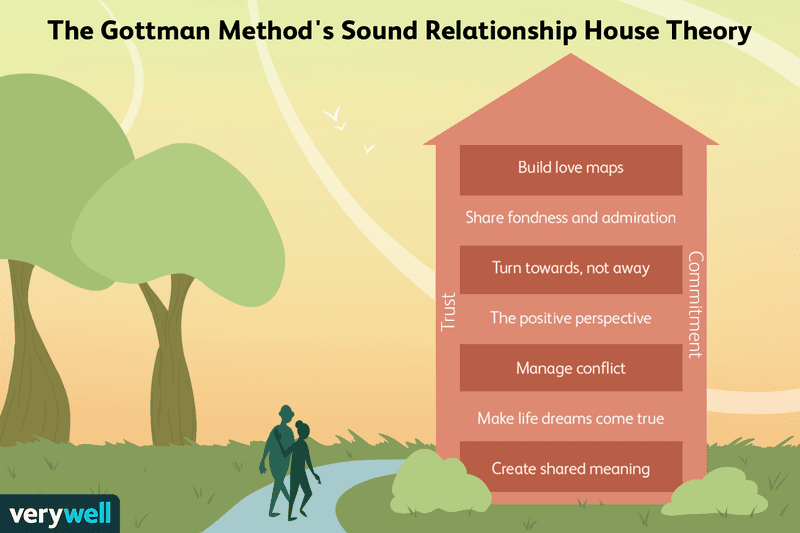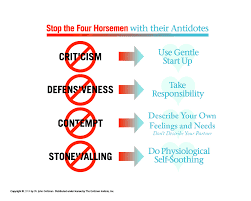Alan Furlong
Analytical Counselling,
Clinical Supervision & Couples counselling.
Call Alan now
Couples counselling involves helping two people improve their relationship dynamics, address issues such as communication breakdowns, emotional disconnection, or unresolved conflicts, and strengthen their partnership. In line with clinical best practices, the following protocols would typically be integrated into a couples counselling session with Alan Furlong or any other client:
1. Initial Assessment
- Objective: Establish a clear understanding of the couple's concerns, relationship history, and individual perspectives.
- Procedure:
- Intake Forms: Administer intake forms to gather essential information such as relationship duration, areas of concern, individual mental health status, and any prior history of counseling.
- Individual Interviews: Meet each partner separately to understand their personal perspectives without the influence of the other. This can uncover hidden emotional issues or unmet needs, these sessions can be held post the first couple's session if required.
- Couples Joint Interview: Discuss the current dynamics, what each partner wants from counselling, and the most pressing issues.
- Clinical Note: It is important to maintain a neutral, nonjudgmental stance, ensuring both partners feel heard and understood.
2. Goal Setting
- Objective: Set specific, achievable, and mutually agreed-upon goals for the counseling process.
- Procedure:
- Collaborative Goal Setting: Help the couple identify both individual and shared goals for their relationship. These might include improving communication, rebuilding trust, or navigating specific life changes (e.g., parenting, finances, or sexual intimacy).
- SMART Goals: Goals should be Specific, Measurable, Achievable, Relevant, and Time-bound to provide structure and accountability in the process.
3. Theoretical Framework & Therapeutic Approach
Couples therapy can be conducted using a variety of evidence-based approaches, depending on the couple's needs:
Psychoanalytic approach.
Psychoanalytic theory in couple counseling focuses on understanding unconscious patterns and emotional dynamics that influence a relationship. Rooted in the work of Freud and object relations theory, this approach helps couples explore early childhood experiences and attachment styles that may shape their current interactions. By uncovering unresolved conflicts, repressed emotions, and deep-seated fears, couples can gain insight into how these factors impact communication, intimacy, and trust. Therapists help partners become more aware of their projections and defenses, leading to a deeper emotional connection and the potential for healthier, more fulfilling relationships.
Emotionally Focused Therapy (EFT):
- Objective: Improve emotional bonds by helping the couple understand and express their emotions in a safe environment.
- Procedure:
- Explore each partner’s emotional needs and fears.
- Guide them in expressing these emotions to each other in a constructive way.
- Facilitate secure attachment patterns and emotional responsiveness.
- Best Practice: EFT is especially effective for couples experiencing emotional disconnection and attachment-related issues.
Cognitive Behavioral Therapy (CBT) for Couples:
- Objective: Challenge and change unhelpful thought patterns and behaviors that negatively affect the relationship.
- Procedure:
- Identify dysfunctional thinking or cognitive distortions that lead to conflict (e.g., “He never listens to me” or “She always criticizes me”).
- Encourage reframing thoughts and developing healthier communication patterns.
- Best Practice: CBT is particularly useful for addressing communication problems, conflict resolution, and unhealthy behavioral cycles.
Gottman Method:
- Objective: Strengthen the relationship through positive communication, conflict resolution techniques, and rebuilding emotional intimacy.
- Procedure:
- Use structured assessments, such as the Gottman Relationship Checkup, to evaluate relationship strengths and challenges.
- Teach skills like the “Four Horsemen” (criticism, contempt, defensiveness, and stonewalling) and how to counteract them with positive interactions.
- Best Practice: The Gottman Method is rooted in over 40 years of research and is effective for conflict management and improving long-term relationship stability.
4. Communication Skills Training
- Objective: Teach the couple healthy communication techniques that foster understanding, empathy, and conflict resolution.
- Procedure:
- Active Listening: Train the couple in reflective listening, encouraging one partner to listen attentively and repeat back what they heard to ensure understanding.
- “I” Statements: Teach the couple to express their feelings using “I” statements (e.g., “I feel hurt when you don’t respond to my messages”) rather than accusatory “You” statements (e.g., “You never respond to me”).
- Non-Verbal Communication: Explore the impact of body language, tone of voice, and facial expressions on communication. Encourage non-verbal cues that convey empathy and understanding.
- Best Practice: Communication training is fundamental in almost all couples therapy frameworks and is considered essential for fostering intimacy and reducing conflict.
5. Conflict Resolution Techniques
- Objective: Provide the couple with practical tools for resolving conflicts in a healthy and productive way.
- Procedure:
- Time-Outs: Teach the couple how to use time-outs during escalating arguments to avoid emotional flooding and impulsive reactions.
- Problem-Solving Framework: Help the couple define the issue, brainstorm solutions, evaluate the pros and cons, and choose a solution collaboratively.
- Repair Attempts: Encourage the couple to make “repair attempts” during or after a conflict to soften the tension (e.g., using humor, apologizing, or showing affection).
- Best Practice: Conflict resolution is key in reducing the negative impact of arguments and avoiding the escalation into destructive patterns.
6. Focus on Emotional Intimacy & Reconnection
- Objective: Help the couple restore emotional closeness and re-establish trust and affection.
- Procedure:
- Rekindling Positive Interactions: Encourage the couple to engage in activities that promote emotional bonding, such as spending quality time together, practicing gratitude, and expressing affection.
- Love Languages: Introduce the concept of love languages (words of affirmation, acts of service, receiving gifts, quality time, and physical touch) to help partners understand and meet each other’s emotional needs.
- Trust-Building Exercises: Use trust-building exercises if the relationship has suffered from betrayal or broken trust (e.g., infidelity). Explore forgiveness and emotional vulnerability as part of the healing process.
- Best Practice: Strengthening emotional intimacy is crucial for long-term relationship satisfaction, especially in relationships that have suffered emotional disconnection.
7. Behavioral & Lifestyle Interventions
- Objective: Address external factors that may be impacting the relationship, such as stress, work-life balance, or health issues.
- Procedure:
- Explore each partner’s daily routines, self-care practices, and stress management strategies.
- Recommend lifestyle changes that promote individual well-being (e.g., regular exercise, mindfulness practices, sleep hygiene) and, by extension, improve relationship functioning.
- Identify areas where external stressors are negatively impacting the relationship, such as financial stress, family dynamics, or work pressures, and strategize ways to reduce their impact.
8. Homework Assignments
- Objective: Encourage the couple to continue practicing skills learned in therapy between sessions.
- Procedure:
- Provide targeted exercises, such as journaling emotions, practicing active listening, or scheduling weekly “date nights” to reconnect.
- Assign reading material or suggest resources (e.g., books, podcasts, or online courses) that reinforce therapeutic concepts.
- Best Practice: Homework keeps the couple engaged in the therapeutic process outside of the counseling room and accelerates progress.
9. Evaluation & Progress Monitoring
- Objective: Regularly assess the couple’s progress toward their goals and adjust the therapy plan as needed.
- Procedure:
- Use validated assessment tools (e.g., relationship satisfaction questionnaires, self-report measures) to track improvements in communication, intimacy, and conflict resolution.
- Discuss openly how each partner feels about the progress made and what adjustments they feel are necessary to move forward.
10. Termination of Therapy
- Objective: End therapy once the couple has achieved their goals or when both parties feel equipped to continue their progress independently.
- Procedure:
- Review the progress made and celebrate the couple’s growth.
- Provide a final review of skills and strategies to help the couple maintain their improvements.
- Schedule a follow-up session (if needed) to ensure they are maintaining positive changes.
- Best Practice: Provide a clear, structured termination plan to help the couple feel confident and supported as they transition out of therapy.
Ethical and Cultural Considerations
- Confidentiality: Assure both partners that their individual disclosures during private interviews will remain confidential, unless they directly impact the couple's goals or involve harm.
- Informed Consent: Ensure that both partners understand the goals and processes of therapy and have agreed to participate willingly.
- Cultural Sensitivity: Be mindful of the couple's cultural, religious, or societal beliefs about relationships, gender roles, and communication styles. Tailor the approach to honor these values while fostering growth.
In summary, following these protocols in a couples counselling session ensures a structured and effective process that can lead to better communication, emotional intimacy, and conflict resolution. Regular evaluations and goal-setting ensure that therapy is tailored to the couple’s needs and progresses in a meaningful way.
LOCATION.
Hulme House.
Unit 16 / 32 Hulme Court,
Myaree, Perth WA 6154.
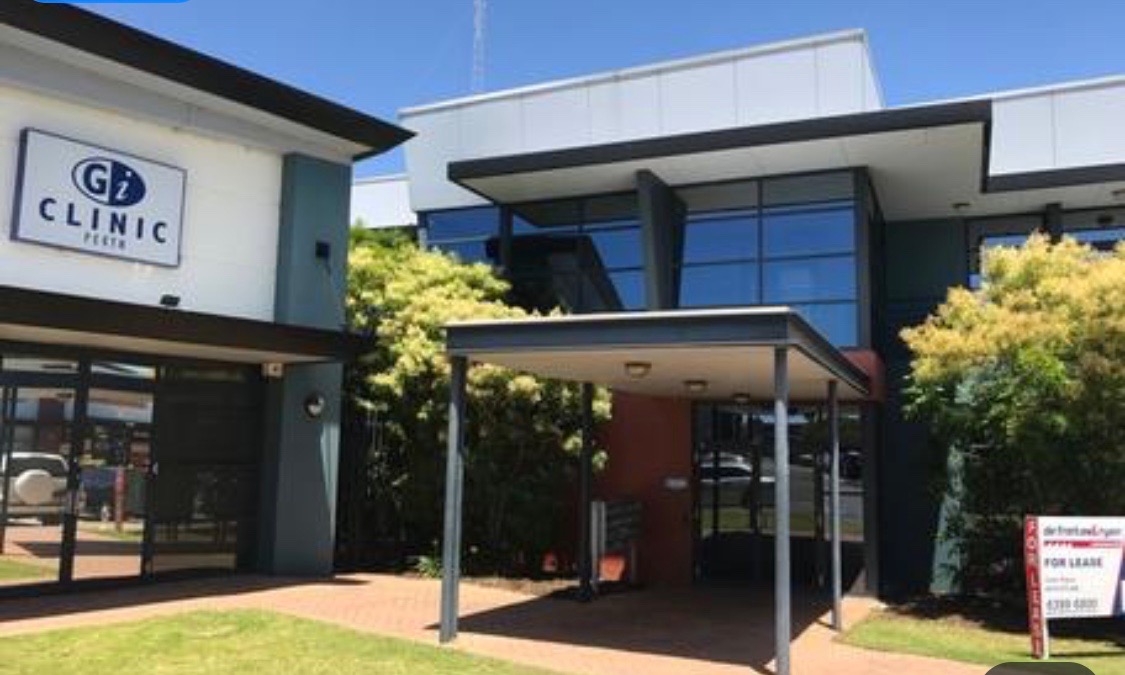

OPEN HOURS
Open Monday to Friday 7 AM - 6:30 PM.
Sundays 7 AM - 11 AM.
Sundays 5PM - 8PM
ABN 89 326 159 927
Lorem ipsum dolor sit amet, consectetur adipiscing elit. Nullam porttitor augue a turpis porttitor maximus. Nulla luctus elementum felis, sit amet condimentum lectus rutrum eget.
Lorem ipsum dolor sit amet, consectetur adipiscing elit. Nullam porttitor augue a turpis porttitor maximus. Nulla luctus elementum felis, sit amet condimentum lectus rutrum eget.
